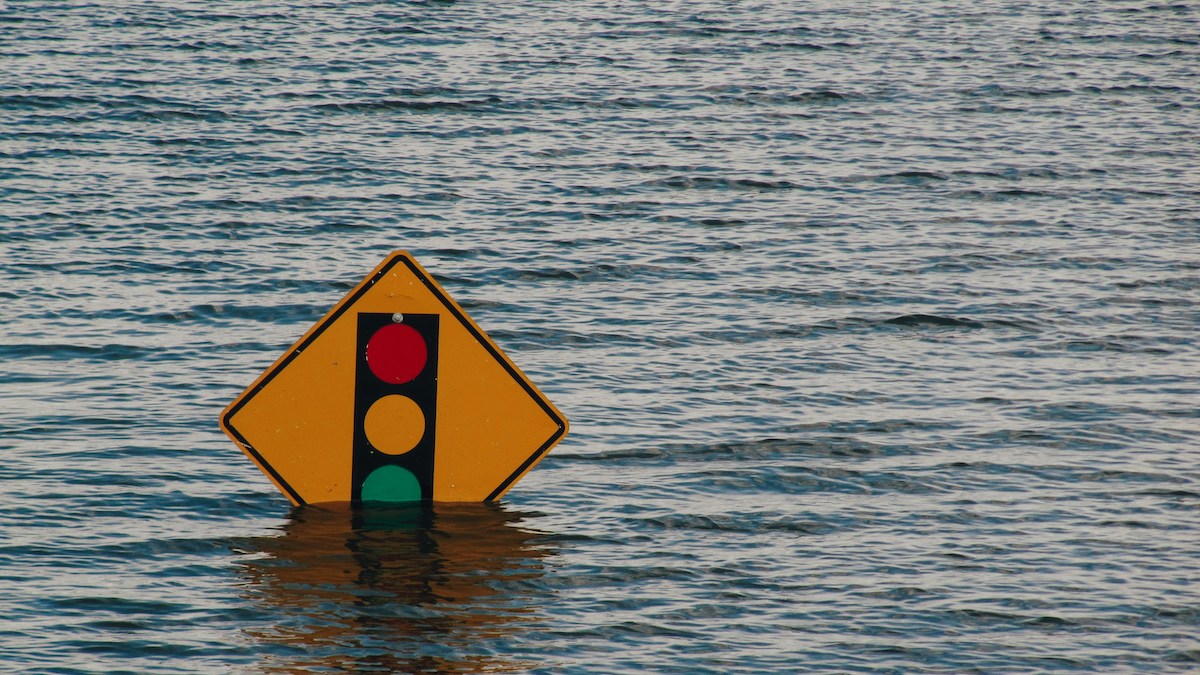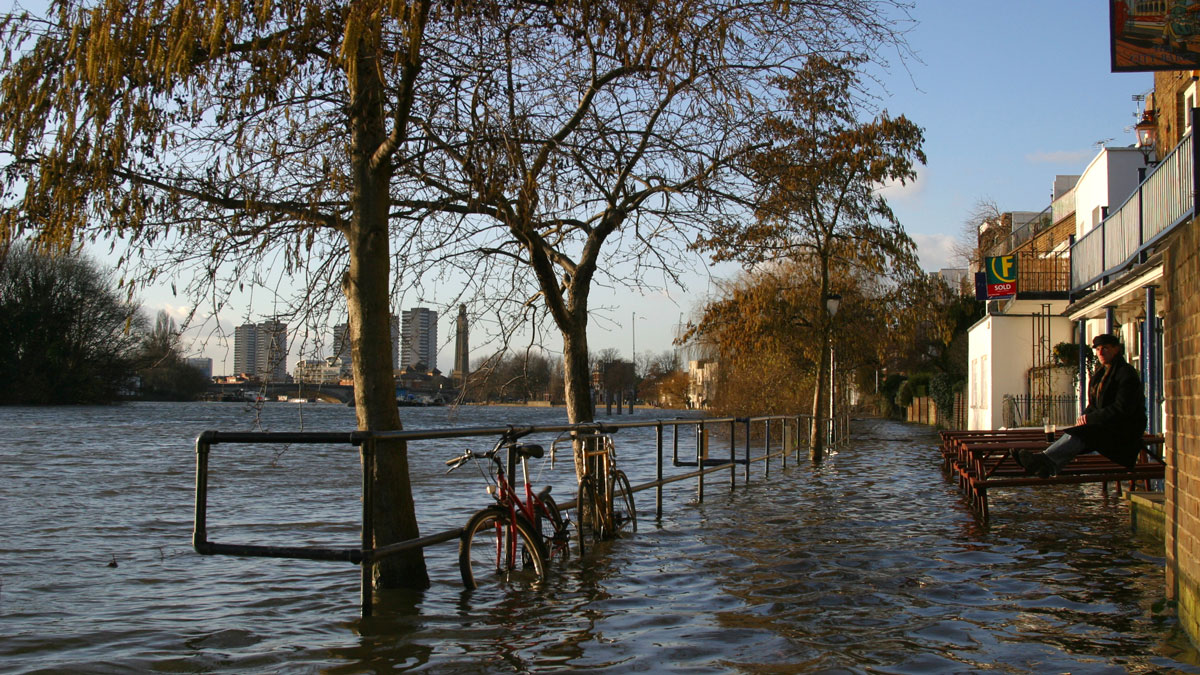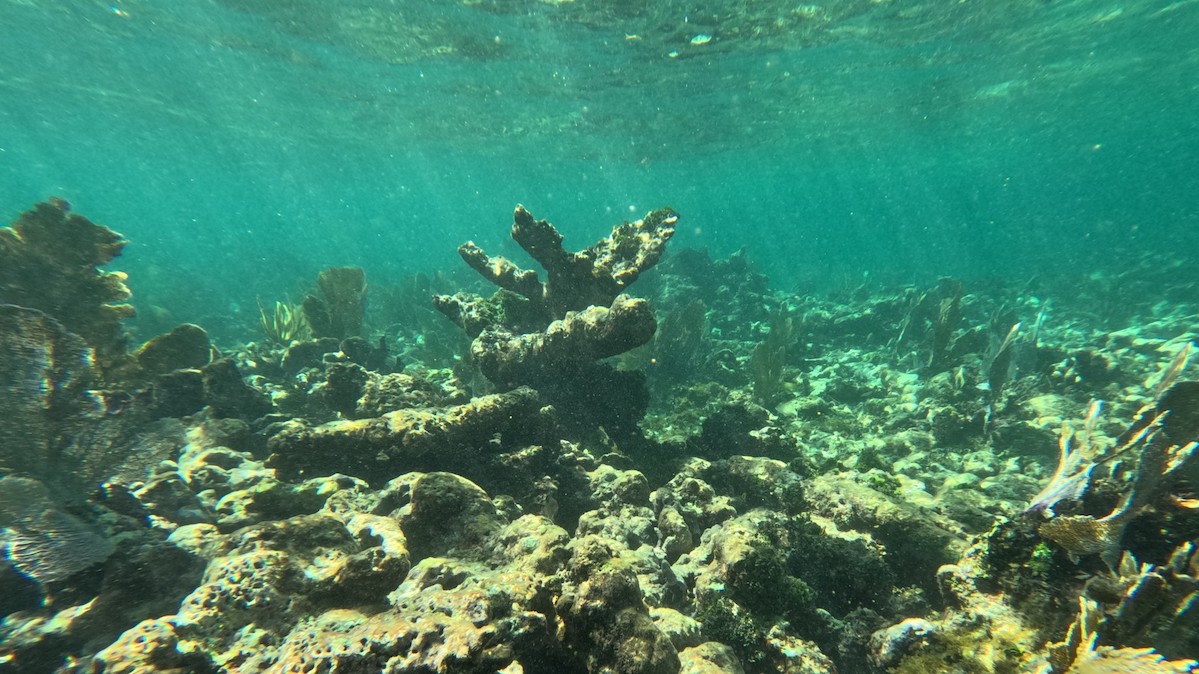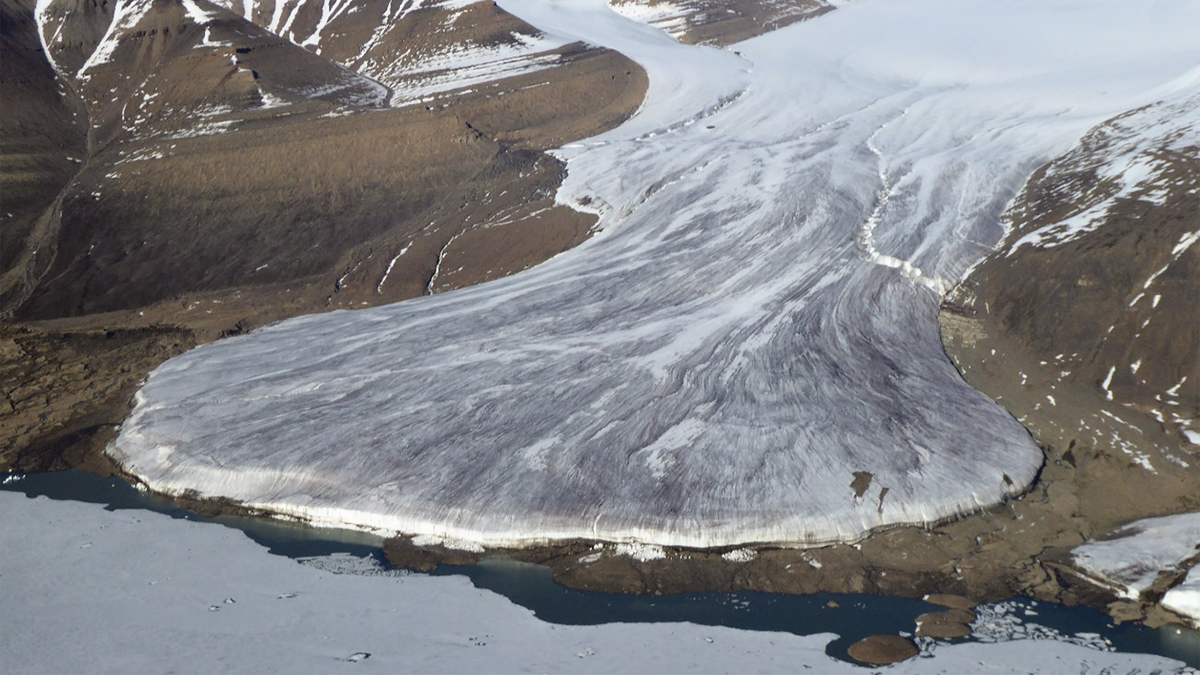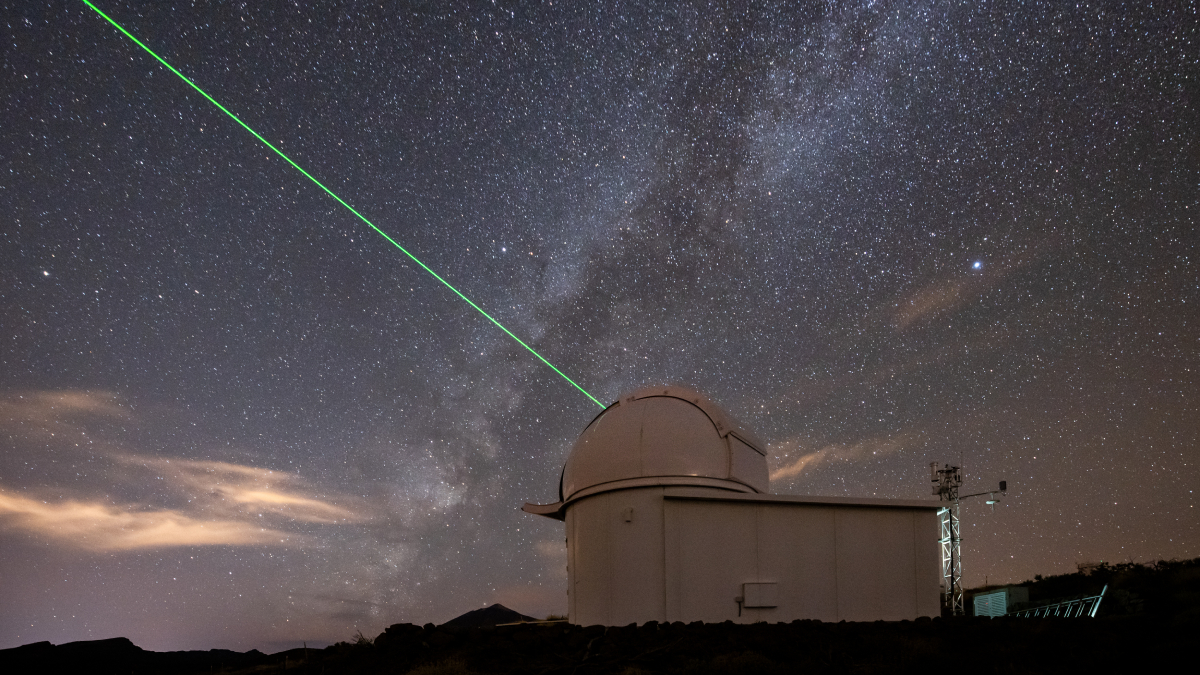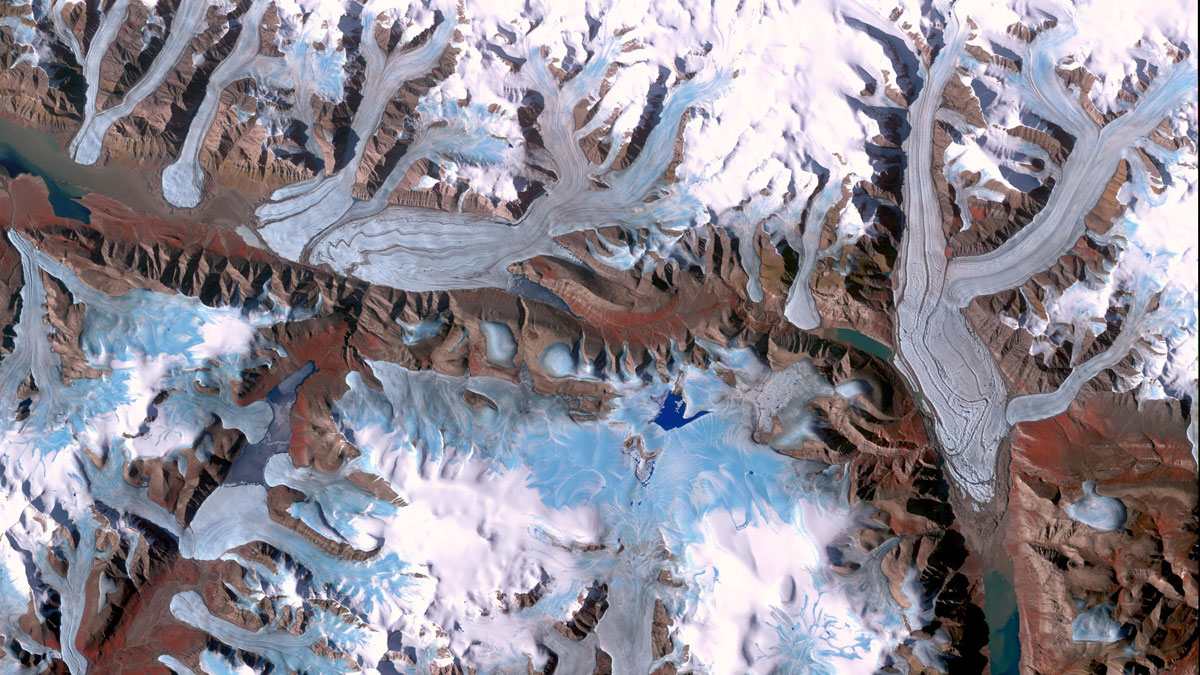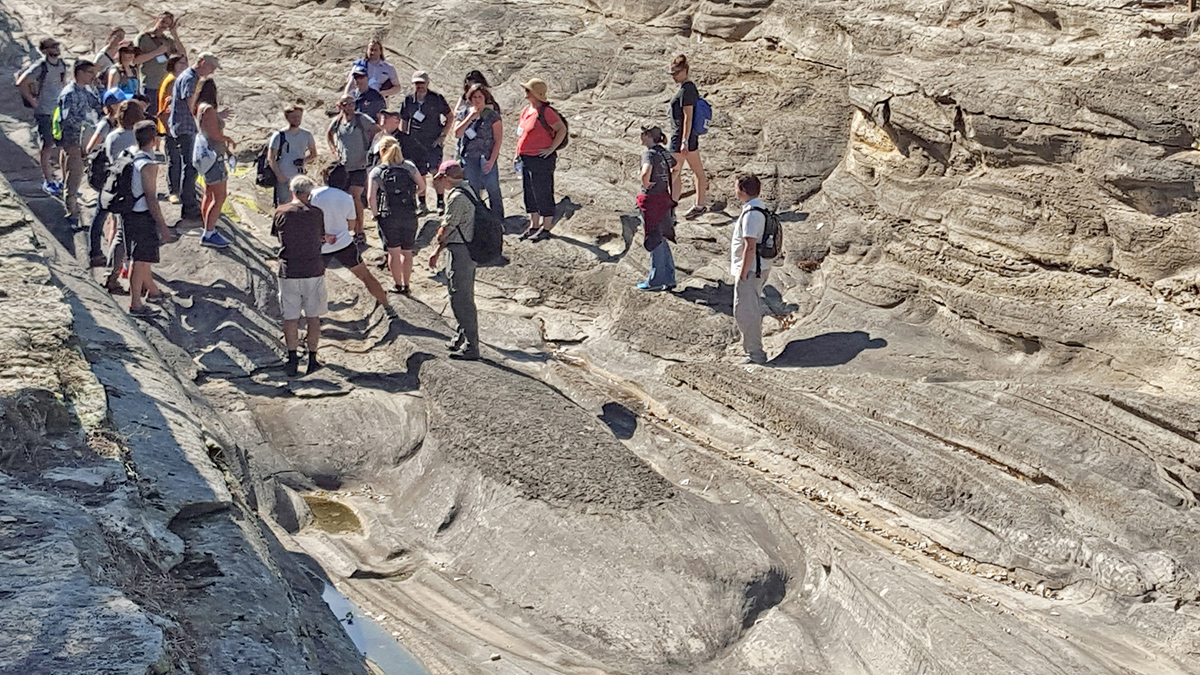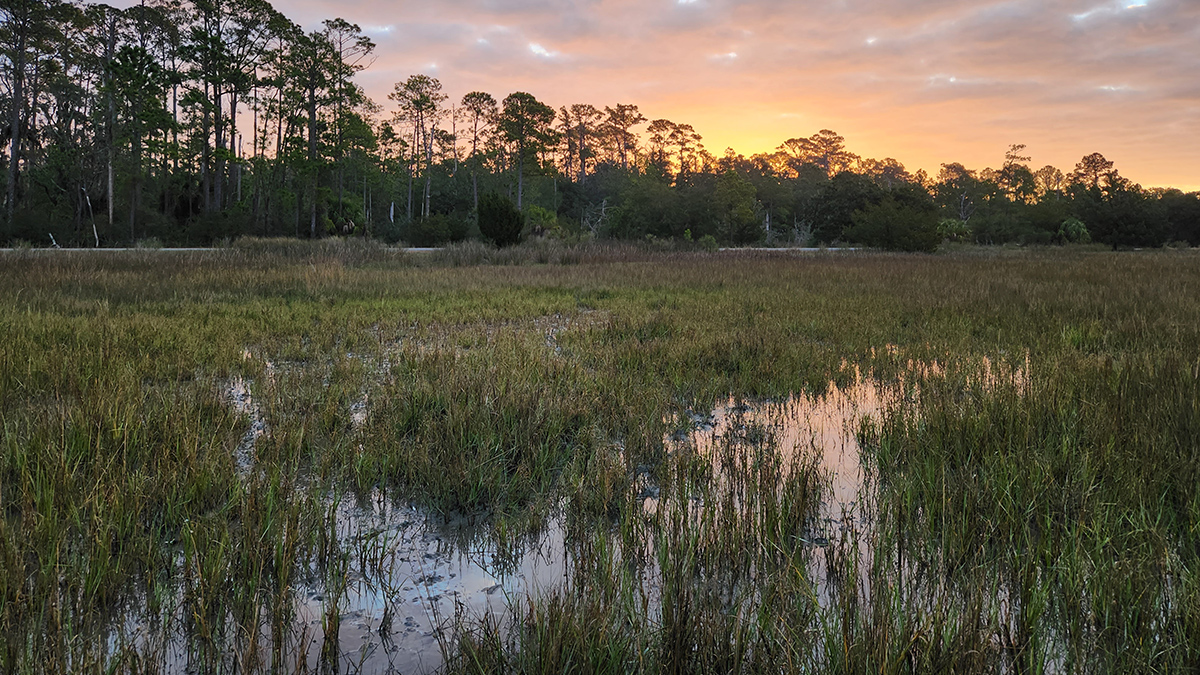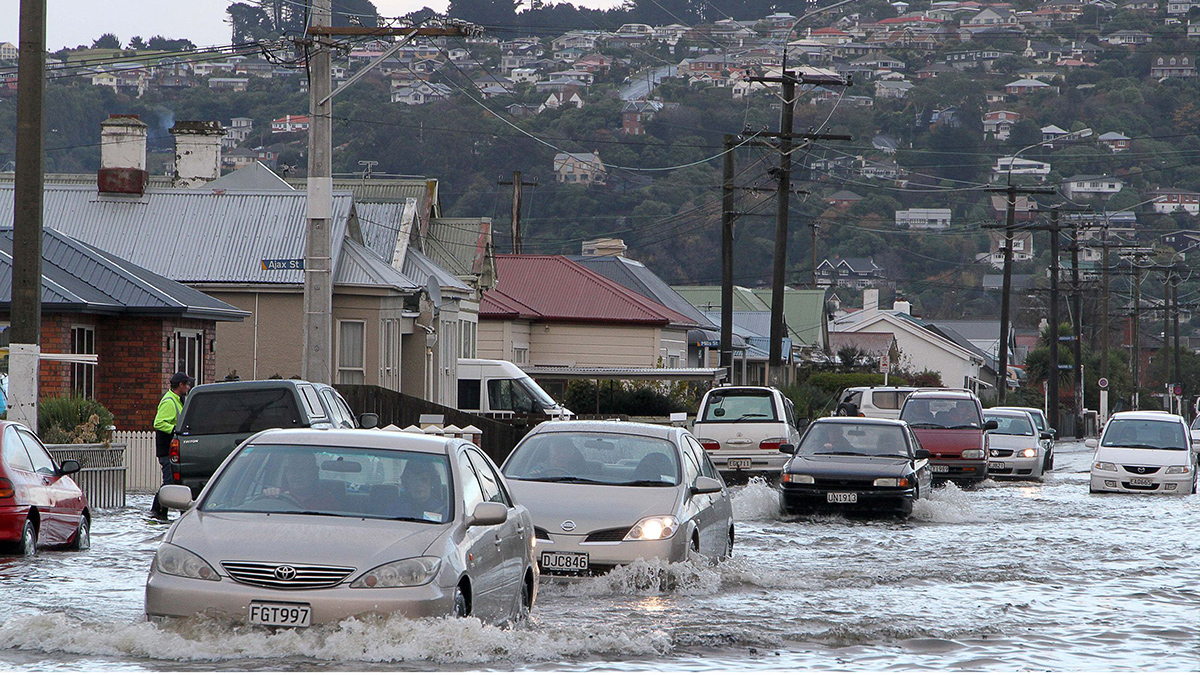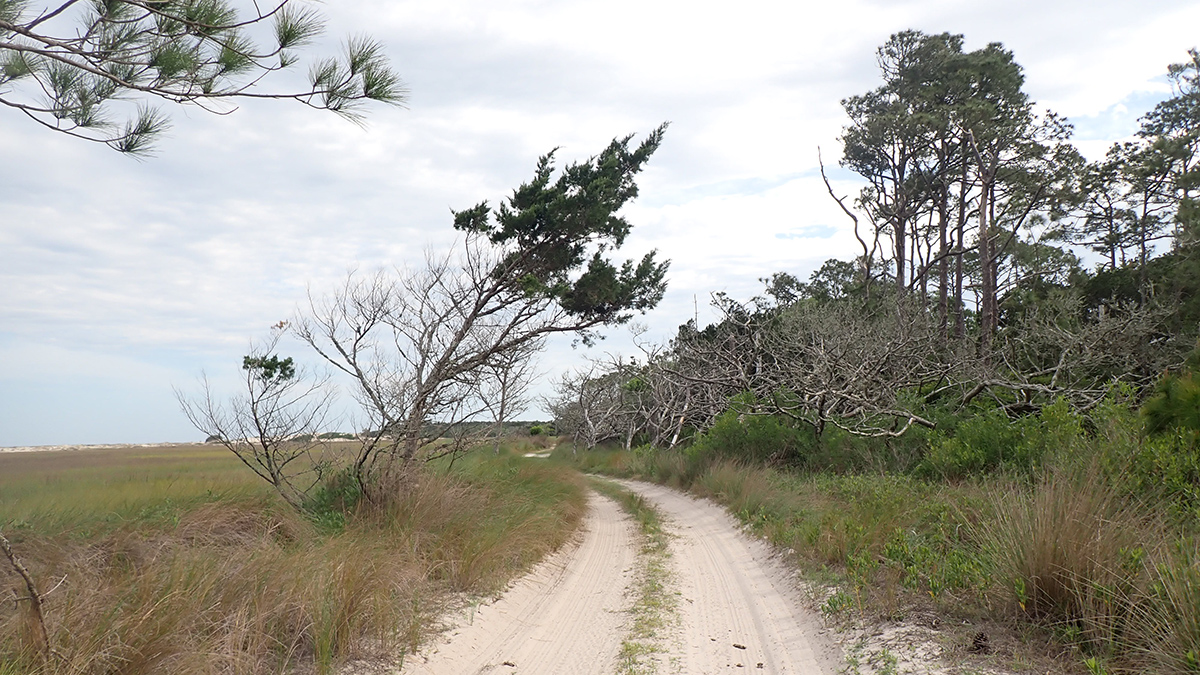Rising sea levels have put thousands of facilities containing hazardous materials at risk of flooding this century, according to a new study published in Nature Communications.
sea level change
A New Way for Coastal Planners to Explore the Costs of Rising Seas
A framework featuring a range of plausible future sea level rise scenarios could help coastal planners prepare critical infrastructure for the worst-case scenario.
As Seas Rise, Corals Can’t Keep Up
Coral reef growth rates in the tropical western Atlantic have slowed to a fraction of what they once were, erasing coastal protection benefits they once offered.
How Glacial Forebulges Shape the Seas and Shake the Earth
A glacial forebulge is a bending-related upheaval of the lithosphere that has a strong effect on the sea level change pattern and on lithospheric stresses, which can induce intraplate earthquakes.
Bridging Old and New Gravity Data Adds 10 Years to Sea Level Record
The remarkable agreement between the two techniques shows how scientists can bolster state-of-the-art gravimetry instruments with old-guard altimetry satellites.
Glacier Monitoring from Space Is Crucial, and at Risk
A new community effort shows that Earth has lost 5% of its global glacier mass since 2000. The work highlights the necessity of spaceborne glacier observations and upcoming gaps in long-term monitoring.
Getting Schooled in Complex Earth System Modeling
Training schools focused on modeling solid Earth responses to ice mass changes offer lessons on how early-career scientists can build professional networks and learn skills to solve complex problems.
Machine Learning Model Flags Early, Invisible Signs of Marsh Decline
Decreases in underground plant biomass could signal future marsh loss and prompt conservation measures.
Flood Prediction Could Boost Road Resilience off Georgia’s Coast
Researchers and community members worked together to develop recommendations for how Little Cumberland Island can mitigate flooding hazards.

